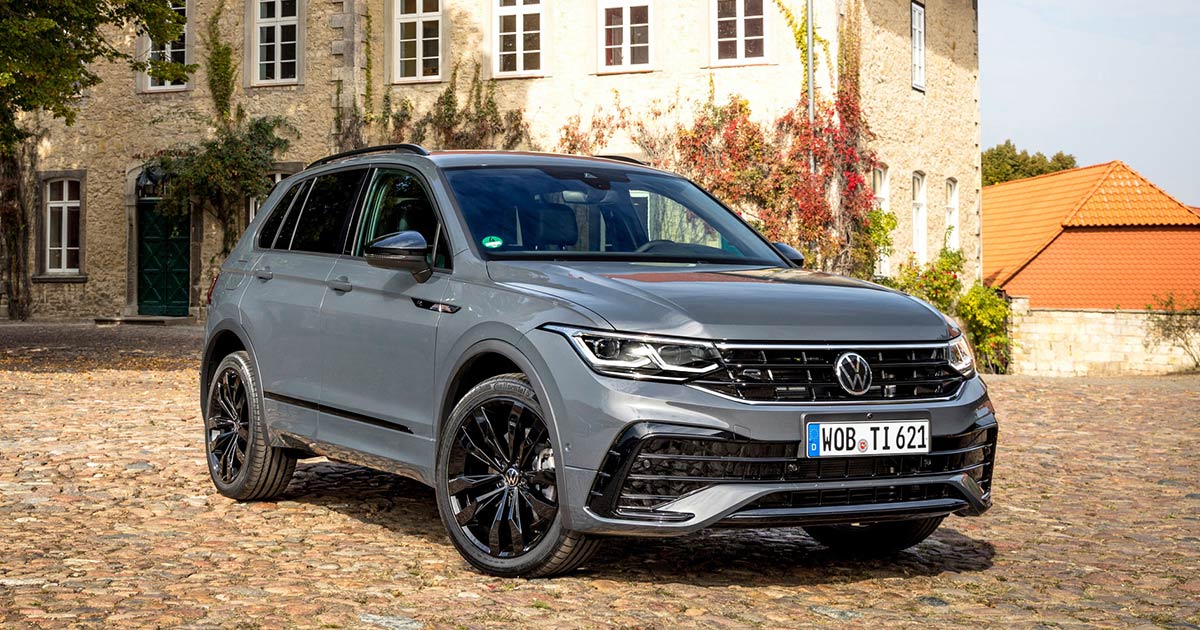Alongside its accelerated ramp-up efforts in the area of electric mobility, Volkswagen is systematically developing its combustion engine fleet in order to reduce CO2 emissions and increase efficiency.All Volkswagen models with 4-cylinder diesel engines (TDI) delivered since the end of June this year (CW 25/21) are approved for operation with paraffinic diesel fuels in accordance with European standard EN 15940There is a wide range of different paraffinic fuels. There are fuels that are produced from biological residuals and waste materials. Biofuels such as HVO are already available on the market, and it is likely that their share could increase to 20 to 30 percent in the energy market for road transport in Europe within the next ten years.Paraffinic diesel fuels can already be found on the market – in a few cases – under different product designations, e.g. C.A.R.E diesel, NEXTBTL, HVO. Also available and much more widespread are diesel fuels that comply with the requirements of standard EN590 and to which paraffinic diesel has been added. These include Diesel R33, V-Power Diesel, OMV MaxMotion, and Aral Ultimate Diesel, etc. These fuels can be used in all diesel engines, even older engines.In addition, there will also be so-called e-fuels such as PtL (Power-to-Liquid) in future. These are produced from regenerative sources using CO2 and electricity. XtL or X-to-Liquid, GtL, and PtL make use of the possibility of initially producing synthesis gas from different raw materials and then converting this to standard-compliant diesel fuel by means of the Fischer-Tropsch process.On the “Way to Zero”, Volkswagen’s goal for 2030 is to reduce emissions per vehicle in Europe by 40 percent compared with 2018 – which means that each Volkswagen vehicle will then emit 17 tonnes less CO2 on average throughout its life-cycle. The company wants to be completely climate-neutral by 2050.Volkswagen does not sell a diesel car here as of now.
Published Date: Published Date: 2021-12-20 16:27:54
Post Comments










